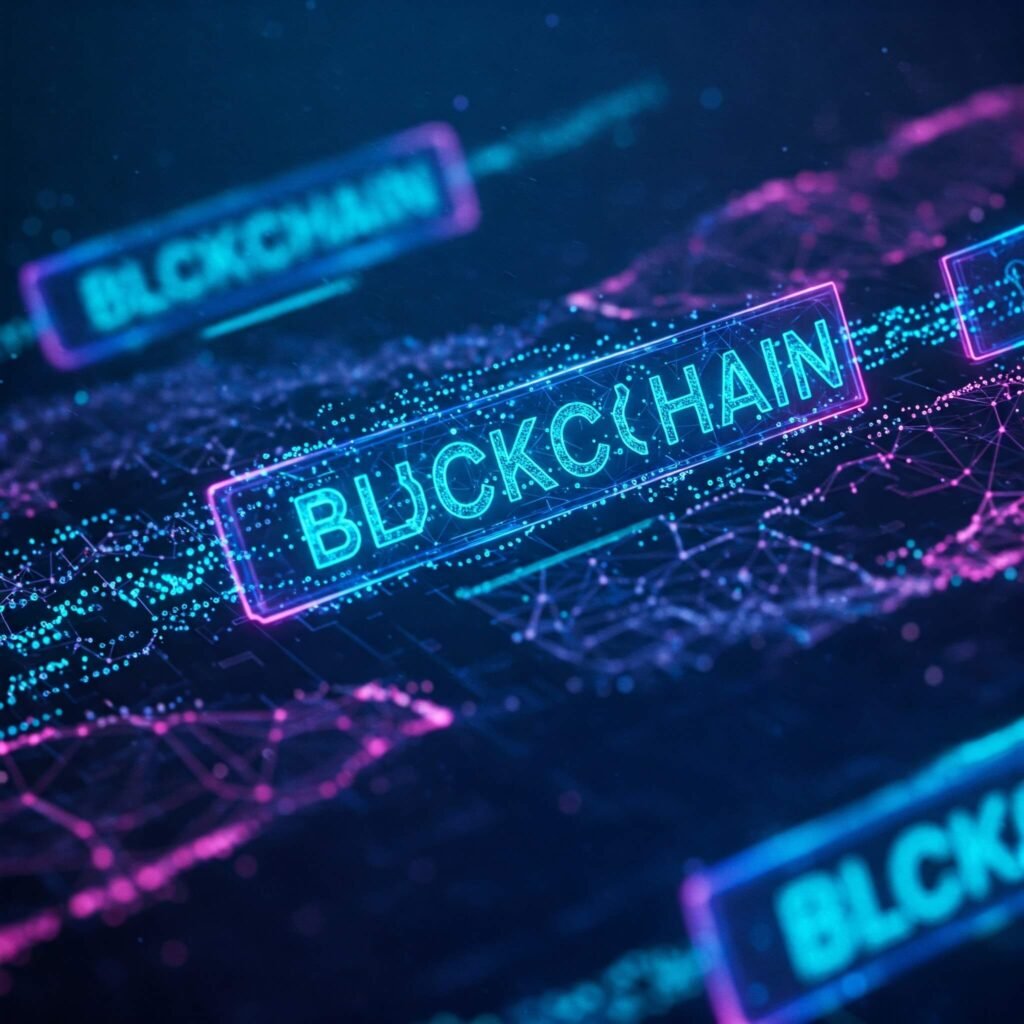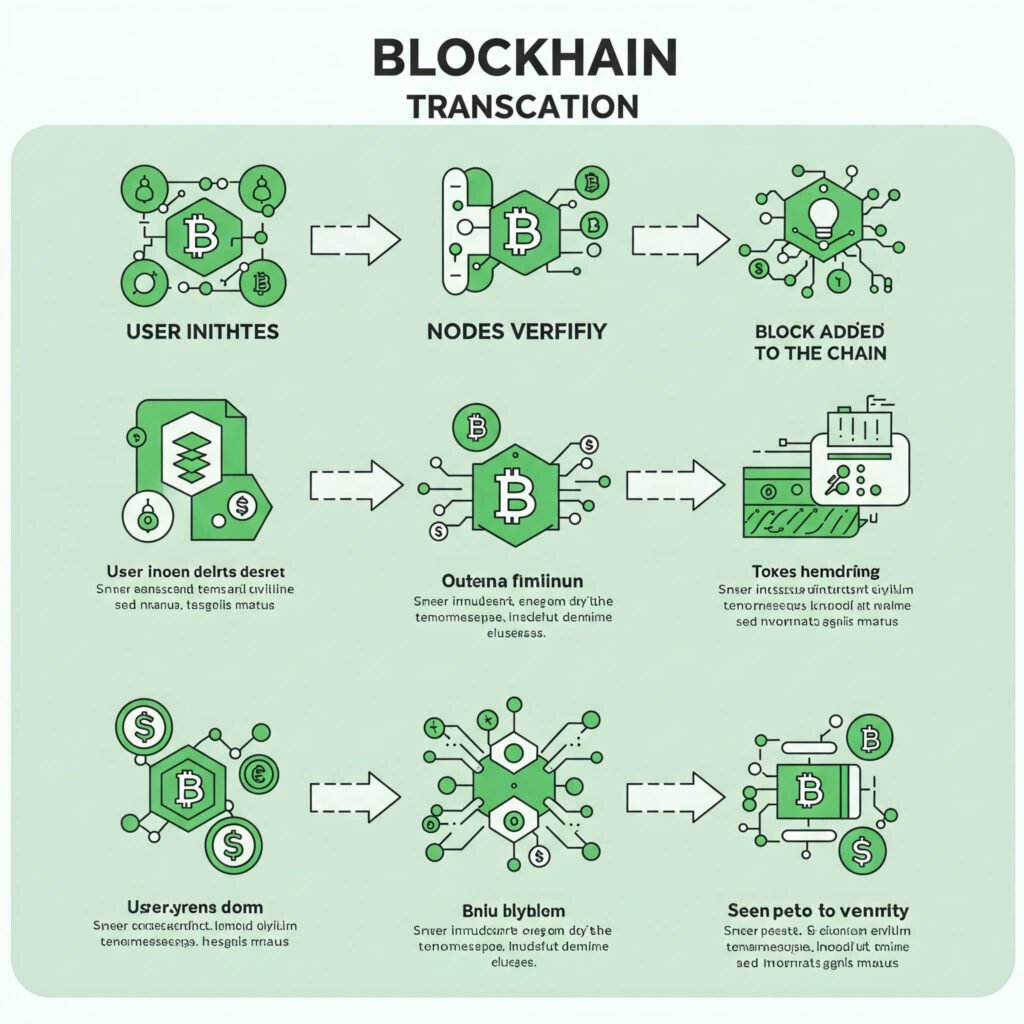Becoming a blockchain developer in 2025 is an exciting opportunity, even if you don’t have a computer science (CS) degree. The blockchain industry is booming, with demand for skilled developers growing across finance, gaming, healthcare, and more. This guide will walk you through actionable steps to break into this high-paying field, using a clear roadmap, practical tips, and real-world insights—all tailored for beginners and career switchers
Why Choose a Blockchain Developer Career in 2025?
Blockchain technology is transforming industries, and developers are at the heart of this revolution. According to Statista, the global blockchain market is projected to reach $163 billion by 2027. You don’t need a CS degree to join this field—self-taught developers with strong skills are in high demand.
Key Reasons to Become a Blockchain Developer:
- High Salaries: Entry-level blockchain developers can earn $80,000-$120,000 annually, with seniors making upwards of $200,000.
- Flexibility: Work remotely or freelance for global projects.
- Future-Proof: Blockchain is integral to Web3, NFTs, and DeFi (decentralized finance).

Step 1: Understand Blockchain Fundamentals
To become a blockchain developer, start by grasping the basics of blockchain technology. A blockchain is a decentralized, secure ledger that records transactions across a network. Think of it as a digital chain of blocks, each containing data, that’s nearly impossible to tamper with.
What to Learn
- Core Concepts: Decentralization, cryptography, consensus mechanisms (e.g., Proof of Work, Proof of Stake).
- Key Terms: Smart contracts, DApps (decentralized applications), tokens, and wallets.
- Popular Blockchains: Ethereum, Solana, Binance Smart Chain, and Polkadot.
Actionable Tip: Start with free resources like Coinbase Learn or Consensys Academy for beginner-friendly explanations.

Step 2: Master Blockchain Development Skills
Blockchain development requires a mix of programming, cryptography, and ecosystem-specific tools. Here’s a breakdown of the essential skills to become a blockchain developer.
Programming Languages
- Solidity: The go-to language for Ethereum smart contracts.
- Rust: Used for high-performance blockchains like Solana and Polkadot.
- JavaScript/TypeScript: Useful for Web3 frontends and interacting with blockchains.
- Python: Great for scripting and blockchain prototyping.
Real-World Example: Sarah, a former graphic designer, learned Solidity through CryptoZombies, a free interactive course. Within six months, she built her first smart contract and landed a junior developer role.
Tools and Frameworks
- Truffle: A development suite for Ethereum smart contracts.
- Hardhat: For testing and deploying smart contracts.
- Web3.js/Metamask: For connecting DApps to blockchain networks.
- Remix IDE: A browser-based tool for writing and testing Solidity code.
Actionable Tip: Practice coding on Replit or GitHub to build a portfolio of small projects, like a voting DApp or a simple NFT contract.
Step 3: Build Real-World Blockchain Projects
Hands-on experience is critical to becoming a blockchain developer. Employers value practical skills over formal degrees, so focus on creating projects that showcase your abilities.
Project Ideas
- Smart Contract for a Crowdfunding Platform: Use Solidity to create a transparent fundraising system on Ethereum.
- NFT Marketplace Prototype: Build a basic marketplace using JavaScript and Web3.js.
- Decentralized Voting System: Develop a secure, tamper-proof voting DApp.
Actionable Tip: Share your projects on GitHub and link them on your LinkedIn profile. Join hackathons on platforms like Devpost to gain visibility.

Step 4: Join the Blockchain Community
Networking is a game-changer in the blockchain space. Engaging with the community helps you stay updated, find mentors, and discover job opportunities.
How to Get Involved
- Online Communities: Join Discord servers like Ethereum or Reddit’s r/Blockchain.
- Meetups and Conferences: Attend events like ETHGlobal or local blockchain meetups.
- Contribute to Open Source: Work on projects via Gitcoin to gain experience and credibility.
Real-World Example: John, a self-taught developer, contributed to an open-source DeFi protocol on Gitcoin. His work caught the attention of a startup, leading to a full-time role.
Step 5: Land Your First Blockchain Developer Job
Once you’ve built skills and a portfolio, it’s time to apply for jobs. The blockchain job market is competitive but accessible to motivated learners.
Where to Look
- Job Boards: Check CryptoJobs and Web3.career for blockchain-specific roles.
- Freelancing: Offer smart contract development on Upwork or Toptal.
- Company Websites: Apply directly to firms like Consensys, Chainlink, or Polygon.
Resume Tips
- Highlight your projects and GitHub portfolio.
- Include certifications like Coursera’s Blockchain Specialization.
- Use keywords like “smart contracts,” “Web3,” and “DApps” to pass ATS filters.
Actionable Tip: Prepare for interviews by practicing blockchain-specific questions, like explaining how a smart contract works or debugging Solidity code.
Challenges and How to Overcome Them
Becoming a blockchain developer isn’t without hurdles. Here’s how to tackle common challenges:
- Steep Learning Curve: Break learning into small, manageable chunks. Focus on one skill (e.g., Solidity) before moving to another.
- Keeping Up with Trends: Follow CoinDesk and The Block for industry updates.
- Imposter Syndrome: Celebrate small wins, like deploying your first smart contract, to build confidence.
Conclusion: Start Your Blockchain Journey Today
Becoming a blockchain developer in 2025 is achievable without a CS degree. By mastering fundamentals, building projects, and engaging with the community, you can break into this exciting field. Start small, stay consistent, and leverage free resources to accelerate your learning. The blockchain world is waiting for you—take the first step today!
Call to Action: Share your favorite blockchain learning resource in the comments, or connect with me on LinkedIn to discuss your journey to becoming a blockchain developer!
Outbound Links: Network in the Blockchain Community:
